Grant investigators: Heather Youngs and Chris Somerville
This page was reviewed but not written by the grant investigators. Purdue University staff also reviewed this page prior to publication.
Open Philanthropy recommended a grant of $1,500,000 over five years to Purdue University to support research led by Dr. Douglas Brubaker on developing a computational model to translate preclinical data in mouse disease models to humans. It is not uncommon that preclinical data from mice fail to translate to similar preclinical results in humans, limiting the applicability of mouse data to human medicine. Dr. Brubaker intends to use this funding to develop a computational model that uses mouse data from an Alzheimer’s disease study conducted by Washington University to attempt to predict the study’s human trial outcomes. Good Ventures, Cari Tuna and Dustin Moskovitz’s foundation, has provided funding for the Washington University study. The foundation, with support from Open Philanthropy, has been investigating how best to fund scientific research that might help reduce the future burden of Alzheimer’s disease. Our scientific research team believes that Dr. Brubaker’s computational model, if successful, could improve drug discovery and reduce reliance on mouse experiments.
This falls within our work on scientific research, specifically within our interest in advancing tools and techniques.
Update (September 2023): Dr. Brubaker recently transferred to Case Western University, where he will continue his research. The remaining funds for this grant ($1,334,011) were transferred to Case Western.
